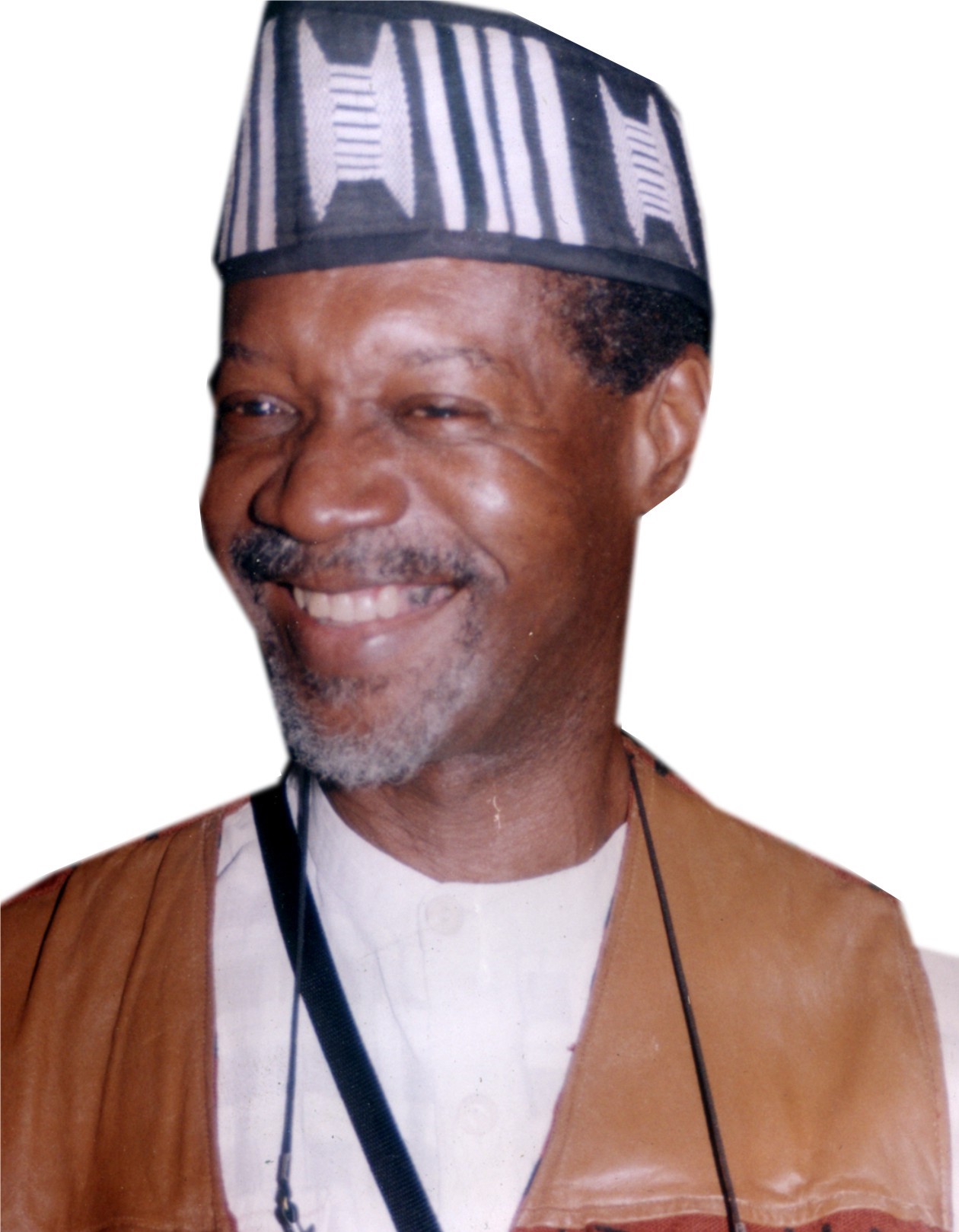Ola Balogun is a prominent Nigerian filmmaker, scriptwriter, and director, born on August 1, 1945, in Aba, Imo State, Nigeria. His contributions were instrumental in shaping Nigerian cinema during the 1970s and 1980s, laying the foundation for the eventual Nollywood explosion that emerged in the early 1990s.
Educational Background
Ola Balogun commenced his primary education in Aba, followed by his secondary schooling at King’s College in Lagos. Subsequently, he pursued higher education at prestigious institutions, including the University of Dakar (1962-1963) in Senegal, the University of Caen in France (1963-1966), and the University of Paris – Nanterre (1966-1968), where he attained his master’s and Ph.D. degrees.
Profile
| Name: | Ola Balogun |
| Date of Birth: | 1st August , 1945 |
| Place of Birth: | Aba, Abia State |
| State of Origin: | Imo State |
| Nationality: | Nigerian |
| Occupation: | Filmmaker |
| Net Worth: | $1 million |
| Wife: | N/A |
Career
Balogun’s return to Nigeria coincided with the Nigerian Civil War, a period marked by the absence of a local film industry in the country.
Before his assignment to Paris as the Nigerian embassy’s press attaché, Balogun served as a scriptwriter within the film unit of Nigeria’s Federal Ministry of Information in 1969. During his time in Paris, he authored a play centered around the theme of Shango. Upon returning to Nigeria, he became a part of the Institute of African Studies at the University of Ife. Balogun’s initial foray into film production resulted in “One Nigeria,” a documentary offering his unique perspective on the Nigerian Civil War.
Having ventured to the battlefront alongside a French observer group during the ongoing conflict, Balogun bore witness to the profound devastation caused by the war. His firsthand observations informed the creation of documentaries such as “One Nigeria” and “Eastern Nigeria Revisited.” As an early trailblazer in Nigerian cinema, Balogun embarked on his cinematic journey in the early 1970s.
His film “For Freedom” was showcased at the 12th Moscow International Film Festival in 1981, underlining his growing international recognition. In 1973, Balogun established the Afrocult Foundation, an independent production enterprise aimed at furthering his cinematic pursuits.
Balogun’s 1980 production, “Cry Freedom” (previously titled “Haraka”), featured standout performances by Prunella Gee and Albert Hall in key roles. Filmed in Ghana, the project also enlisted the expertise of crew members from “A Deusa Negra,” including Jose Medeiros. “Cry Freedom” drew inspiration from Meja Mwangi’s novel “Carcase for Hounds,” narrating a tale of uprisings and guerrilla warfare within an African nation. Despite garnering support from certain Nigerian intellectuals, the film did not achieve widespread popularity.
Balogun’s journey as a filmmaker during this transformative era left an indelible mark, reflecting both his unique perspectives and his contributions to the nascent Nigerian film landscape.
Ola Balogun’s Journey in Filmmaking
As previously mentioned, upon completing his education, Ola Balogun returned to Nigeria, a period marked by the Nigerian Civil War crisis. This era witnessed a lack of indigenous cinema in Nigeria. In 1969, he collaborated as a scriptwriter with Nigeria’s Ministry of Information before being stationed in France as a Nigerian press representative. It was during this time that he unveiled his debut film, “Shango.”
In 1973, Ola Balogun established Afrocut Foundation, an independent film company. He made a significant mark in 1975 by releasing his inaugural Yoruba language film, “Ajani Ogun,” in celluloid format.
Beyond filmmaking, Ola Balogun delved into the music industry in 2001, working closely with the iconic Fela Anikulapo.
You may also like: Yewande Adekoya Biography And Net Worth 2023
Selected Filmography By Ola Balogun
The following is a compilation of notable films associated with Ola Balogun:
- Ija Ominira
- Cry Freedom
- Ajani Ogun
- Destination
- Money Power
- In the Beginning
- Aiyee
- Amadi
- Vivre
- Alpha
Recognitions and Awards
Ola Balogun’s contributions to cinema have been recognized on the global stage, leading to nominations and accolades, including:
- Moscow International Film Festival: Golden Prize Nominee (1981, 1979)
- Nantes Three Continents Festival: Golden Montgolfiere Nominee (1979)
Ola Balogun’s impactful journey in filmmaking has left an indelible mark on Nigerian cinema, and his pioneering efforts continue to resonate in the industry’s growth and evolution.









































